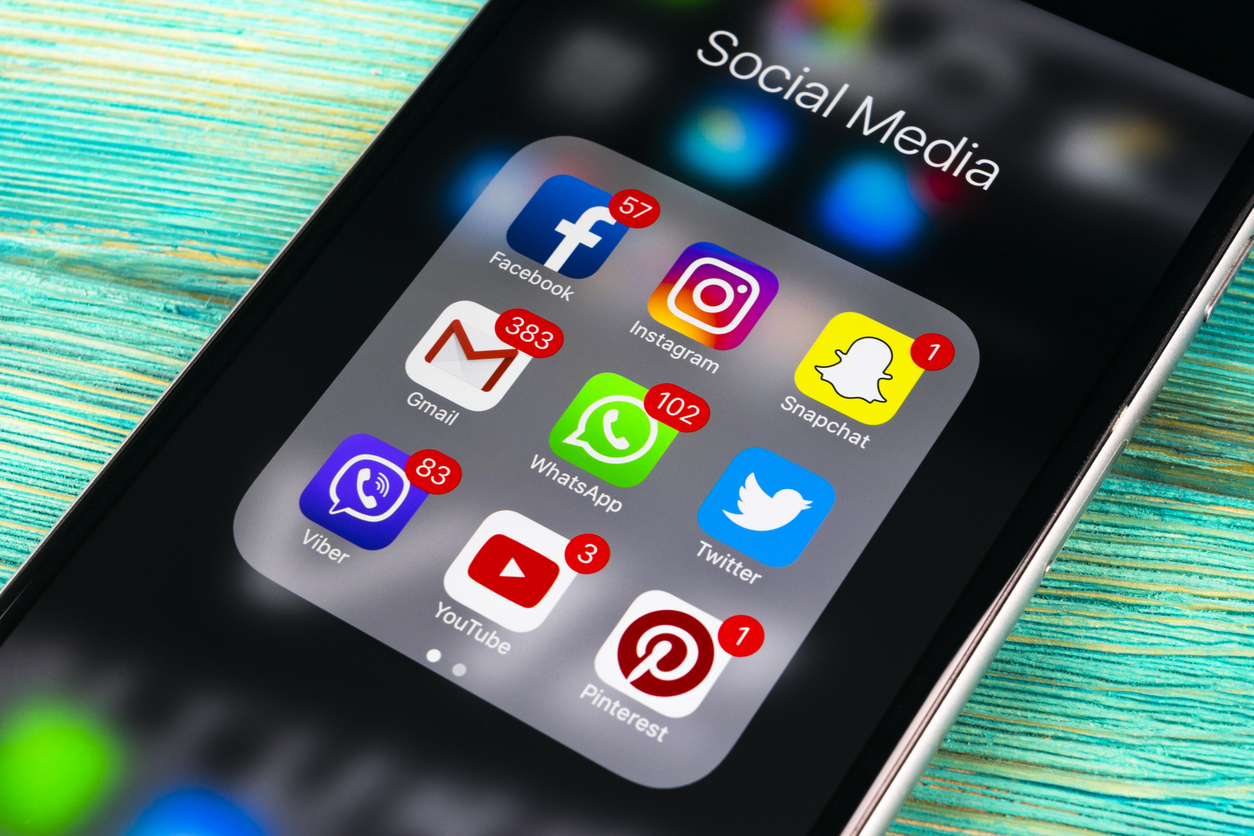Friday, April 27, 2018
Tuesday, April 24, 2018
(Not So) Common Sense Attention
 You would think paying attention would be easy, common sense really. And yet, we struggle to pay attention to the aspects that matter most. As leaders, we have one life to lead, on this one planet, and yet we juggle a multitude of roles at work, at home, and in our communities. To help us focus our attention and not split this precious resource, we need to create a simple structure for how to give intentional attention in all aspects of our life.
You would think paying attention would be easy, common sense really. And yet, we struggle to pay attention to the aspects that matter most. As leaders, we have one life to lead, on this one planet, and yet we juggle a multitude of roles at work, at home, and in our communities. To help us focus our attention and not split this precious resource, we need to create a simple structure for how to give intentional attention in all aspects of our life.
- Personally – Be Thoughtful with who gets your attention. Intentional attention starts with you. To assist and serve others, you have to focus on you first. You have to be the most confident, successful person you can be. Then you can focus on the VIPs – very important people – in your life, both personally and professionally, who also need your attention.
- Professionally – Be Productive as an individual and leader and take action on what is the most important use of your attention. Again, we focus on you first so you can achieve your professional objectives. Only then can you help your team overcome their attention challenges and achieve better results.
- Globally – Be Responsible for how you contribute to your local community and the world around you. find something you believe in and then give intentional attention to that passion to create a bigger impact.
While these philosophies and thoughts may seem common sense – and they are – they are not common practice. Most of us just need a (not so gentle) reminder every now and then to do the things we often already know we should be doing.
Today, I challenge you to invest one minute, in one interaction, to create one significant moment, for just one person that may create one memory that will last a lifetime.
Pick up a copy of Attention Pays today and begin to change the way you give intentional attention personally, professionally, and globally.
The post (Not So) Common Sense Attention appeared first on Neen James.
Monday, April 23, 2018
Tuesday, April 17, 2018
Our Addiction to Social Media
 Apps and social media are stealing our attention. We have become obsessed with likes, retweets, and finding the perfect gif response to post.
Apps and social media are stealing our attention. We have become obsessed with likes, retweets, and finding the perfect gif response to post.
We miss the amazing play or moment at the concert because we are updating our Instagram.
We miss the bus because we are enthralled with the latest video on one of our YouTube subscriptions.
We miss our floor on the elevator because we were reading Twitter. We miss the green light because we are checking Facebook.
The CEO of a technology and data company recently shared with me his frustration about one of his senior leaders who appeared to be addicted to Candy Crush. In every spare moment, his director was online and had to be counseled twice in one week. The leader tried to explain it was his form of relaxation but after much questioning, he reluctantly admitted that his workload had fallen behind, he had emails in his inbox that hadn’t been answered for five days, and he was two weeks behind in developing a database for a client. Remember, this is a smart, functioning adult.
Maybe you don’t play Candy Crush but you feel a need to check every notification of a new email, text, tweet, or post on Facebook or LinkedIn, or maybe you have created Pinterest boards to plan your perfectly designed office or maybe you monitor every like you get on Instagram?
Gut check time: How much of your attention is being stolen by apps and social media?
Do we really have to include in our employee policies that people can’t play Candy Crush or check social media at work? Possibly. Some of our obsession is driven by habit and some of it by boredom. And it could be that the voyeuristic interest in other people’s lives is more exciting than whatever work is in front of us.
Regardless, the addiction is real. Technology, social media companies, and app development companies are competing for our attention and intentionally feed our addictions in hopes we will spend more time on their systems, enveloped by their tools. Either way, it demands are decaying our ability to truly connect in a meaningful way with others that is mindful, intentional, and purposeful.
I doubt anyone on their deathbed will say “I wish I’d posted one more tweet or picture.” Instead, I bet they’re likely to say “I wish I’d paid more attention to the people I was with rather than those on social media.”
The post Our Addiction to Social Media appeared first on Neen James.
Sunday, April 15, 2018
Tuesday, April 10, 2018
Intention Makes Attention Valuable
 Ever thought about the value of paying attention?
Ever thought about the value of paying attention?
Attention sometimes gets a bad rap in today’s society. Perhaps that is because we’ve come to associate the concept of attention with unrelenting selfies that scream “look at me’ and the constant sharing of eery details of one’s life on social media. That is not the type of attention I want to discuss. The type of attention that truly matters and makes a difference in our lives is intentional attention – the kind that helps you show up as the best version of yourself in all
roles of your life.
We all want and need attention from the people who are important to us. We want to feel we are the center of somebody’s attention, even if we don’t want to be the center of everybody’s attention.
Attention is critical throughout all aspects of our lives – including our jobs. We need focused attention from our leaders and employees to get work done, to achieve results, and to succeed. our customers and our teams need attention, too. People want to be seen and heard and to know that their concerns are being addressed.
Attention is not optional; it’s vital. It is attention that drives the results we all want and need.
Perhaps this why we always hear the phrase “Pay attention!” Our parents told us to pay attention. Our teachers told us to pay attention. We tell our kids to pay attention. These are all valuable life lessons.
The issue is that most of us are giving distracted, unfocused attention (like texting while driving) to everything and everyone we come in contact with. That kind of attention is worthless. It sends the message that the focus of our attention has little value, meaning, or importance to us.
Intention is what makes attention valuable.
Intentional attention is active. it involves seeing, hearing, and thinking about who is with you and what needs your focus right now. it requires us to choose consciously, act deliberately, and invest transformationally with our attention.
If you are ready to intentionally invest your attention in what matters at the moment; the people you are talking to, the priorities you are acting on, and the passions you are pursuing, it’s time to pick up a copy of Attention Pays and start paying attention to what matters most.
The post Intention Makes Attention Valuable appeared first on Neen James.
Tuesday, April 03, 2018
Protect Your Schedule, Time and Attention
 Are you constantly competing with others over your schedule? Do you feel inundated by a barrage of interruptions and distractions each day that leaves you feeling as if you worked like a crazy person all day and accomplished nothing as a result?
Are you constantly competing with others over your schedule? Do you feel inundated by a barrage of interruptions and distractions each day that leaves you feeling as if you worked like a crazy person all day and accomplished nothing as a result?
In my new book, Attention Pays, I outline strategies for busy professionals to protect their time and attention from being fritted away by anyone and anything asking for it.
Here are seven strategies you can being implementing today to take control of your schedule and permit you the time necessary to leverage your attention to accomplish more each day.
Create a personal daily strategic 15-minute appointment – Take this time to determine your top three non-negotiable activities you must complete before you sleep tonight. Several years ago, I challenged an executive leadership team at Comcast to invest 15 minutes of their attention every day in a strategic appointment. They say awesome results, become the highest performing team in their region. Their shared increased focus allowed them to prioritize completion of strategic objectives and invest in their people’s development instead of being distracted by everyday busyness.
Schedule your morning routine – We outlined this routine in Chapter 3 of my new book, Attention Pays. It’s critical that you get this on your calendar so that phone calls or meetings don’t encroach on this important time.
Assign certain activities to specific days of the week – This system has you group regular activities together to maximize productivity and minimize distractions. Will it work seamlessly with every week in the same way? no, but with a system, your team or assistant can schedule meetings on designated days. We worked with a financial services executive to design her ideal week. here is what hers looked like. Yours, of course, will be different:
- Monday: Meet with team members, senior leadership, and her boss in the office.
- Tuesday to Thursday: Industry and vendor networking events, client appointments, presentation preparation, and travel. These days were spent outside the office and included a work-from-home day.
- Friday: As she enjoyed being home for weekends, any meetings were local and never scheduled to finish later than 5pm. If no meetings were scheduled, she focused on strategizing for the upcoming week and catching up on administrative work.
Schedule no talk days – My best friend manages multiple companies, raises my two beautiful God-daughters, volunteers in her community, and enjoys working with her clients. She discovered that on days she doesn’t talk to anyone, she’s massively productive. So, she started scheduling no-talk days – days with no appointments, which are dedicated to strategy and achieving goals. As an extrovert, I found this strategy especially helpful. Could you do this once a quarter to make more progress toward your bigger goals?
Schedule service days – I allocate one day a month on my calendar for pro bono assistance to people in my industry who need help. could you add a service day to your calendar?
Time block – Schedule space in your calendar for strategy, email review, meetings, social media engagement, and personal time.
Create visual recognition systems – Use color-coding to simplify your life. My calendar uses a variety of colors to show speaking, travel, consulting, personal appointments, and administration and business development.
Block out personal time in advance and honor the appointment with yourself as you would a client or employee.
Pick up a copy of Attention Pays to learn more about creating an extraordinary life by ‘unplugging’ from the constant barrage of disruptions and ‘plugging in’ to the tools, strategies, and mindsets that allows you to harness your attention to reach your highest potential.
The post Protect Your Schedule, Time and Attention appeared first on Neen James.

